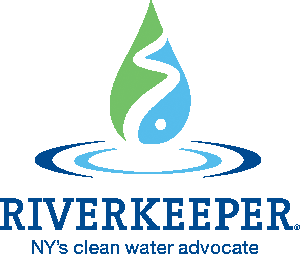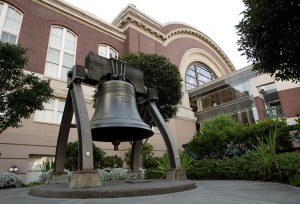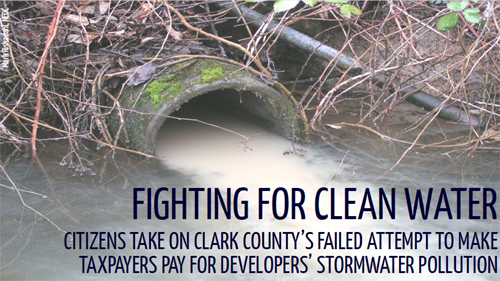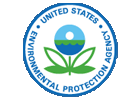 We congratulate our good friends at Riverkeeper.org on celebrating 50 years as New York’s clean water advocate protecting New York’s drinking water, the Hudson River and its tributaries!
We congratulate our good friends at Riverkeeper.org on celebrating 50 years as New York’s clean water advocate protecting New York’s drinking water, the Hudson River and its tributaries!
Commemorating the event, the Empire State Building will shine in Riverkeeper’s colors of deep blue, green, and light blue, this Wednesday evening, April 13.
Here is a brief history of this pioneering organization, from their grass roots beginnings as Hudson River Fishermen’s Association, which paved the way for the massive Riverkeeper and Waterkeeper movements, and has inspired environmental advocates fighting for clean water all around the world:
From Riverkeeper.org:
Riverkeeper traces its origins back to March 1966, when a small group of recreational and commercial fishermen, concerned citizens and scientists gathered at a Westchester County American Legion Hall with the intent to reverse the decline of the Hudson River. They organized as the Hudson River Fishermen’s Association, and dedicated themselves to tracking down the river’s polluters and bringing them to justice. Right from the start, the grassroots actions taken by the HRFA went against convention.
While other organizations sought environmental justice through protests and civil disobedience, the HRFA sought to protect the Hudson through advocacy, science and the law. At the group’s core was a belief that everyday people should be able to defend our public resources from maltreatment and damage. The Fishermen’s actions to protect the water demonstrated that ordinary citizens had legal standing in protecting our natural resources. A long string of legal victories — which provided the HRFA with bounties for turning in polluters — funded the creation of the Riverkeeper program in 1983. Three years later, HRFA merged with Riverkeeper to form one group to protect the river.
Since then, Riverkeeper has brought hundreds of polluters to justice and forced them to spend hundreds of millions of dollars remediating the Hudson. Over its long history, Riverkeeper has worked to restore the river from harmful PCBs, sought to protect aquatic life from pollution and ill-considered development, and has worked to close the aging, troublesome Indian Point nuclear power plant on the banks of the Hudson. Today Riverkeeper fights with thousands of citizen scientists and activists to reclaim the Hudson and ensure that over 9 million New Yorkers have clean, safe drinking water. The result: Pollution levels are down, and swimming and boating are back. Riverkeeper inspired the worldwide waterkeeper movement protecting tens of thousands of miles of rivers and coastlines on six continents.
There are now 280 Riverkeeper groups on six continents, and the clean water movement continues to grow as the need for strong community advocacy has never been greater for protecting our waterways and watersheds.
Congratulations Riverkeeper on 50 Years of Good Works!














![Washington State Water Quality Assessment [303(d)] Washington State Department of Ecology](http://www.rosemerena.org/home/wp-content/uploads/2009/03/ecy_logo.gif)

